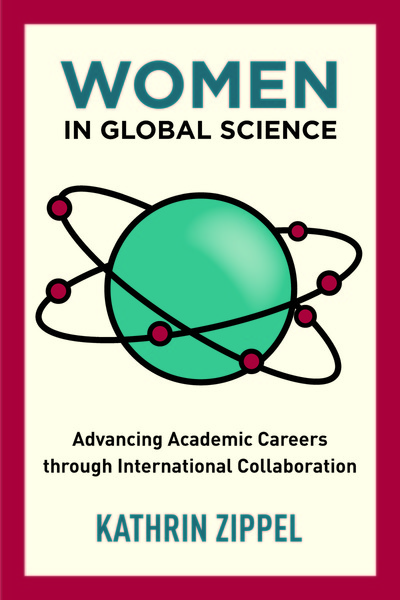Sponsored by the ERC Diasporas and Contested Sovereignty Project (DCS), September 26, 2017, in London. The workshop, “Migrants’ and Diaspora Responses to the Rise of Right-Wing Populism,” is dedicated to research on how migrant and diaspora communities respond to populist, anti-immigrant and ethno-nationalist movements. We will address research on whether, when and how migrants and diasporas mobilise; what groups or parties they choose as political allies; and whether radical-right parties themselves reach out to certain diasporas while rejecting others, among other questions. Radical-right populist movements have grown more potent in liberal democracies, yet there has been little academic focus on how migrant and diaspora populations react to these parties, although anti-immigration campaigning is at the core of populist activities.
The workshop will be held at the University of Warwick’s London site on September 26, 2017. Those interested in participating should a paper abstract (maximum 300 words) by 25 May, 2017 to Dr. Ben Margulies (b.margulies@warwick.ac.uk) and Dr. Maria Koinova (m.koinova@warwick.ac.uk).
